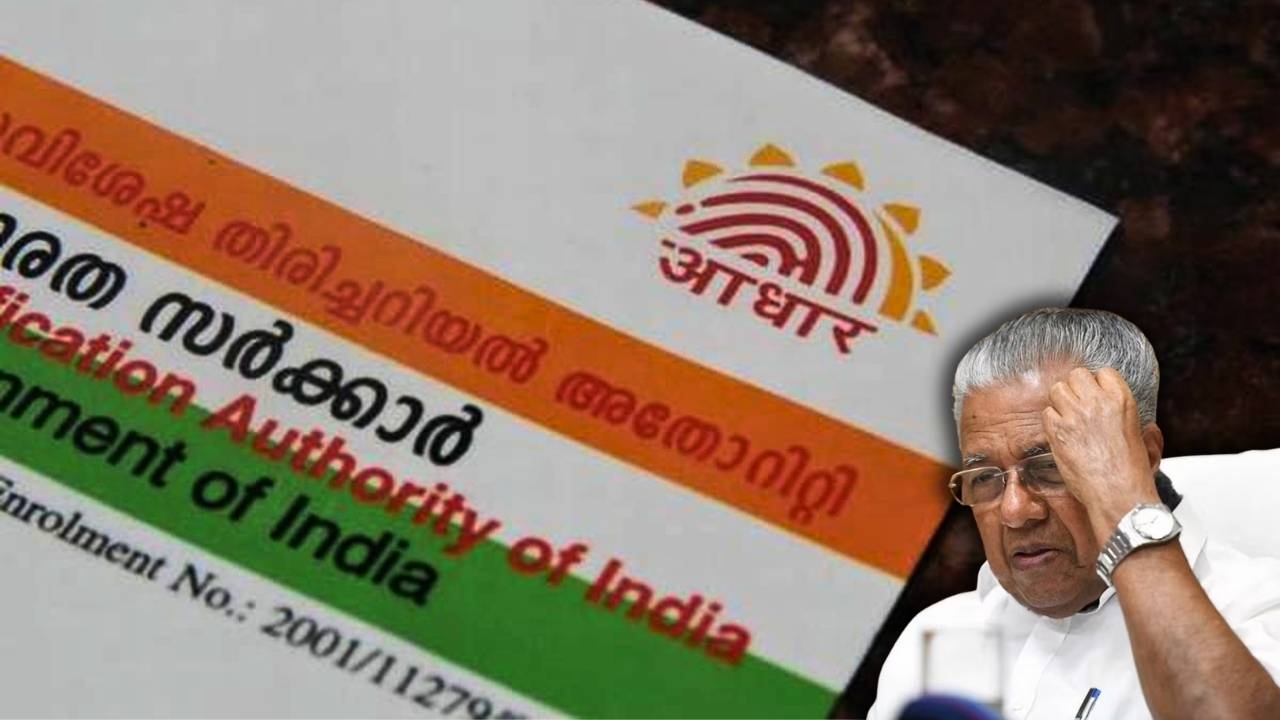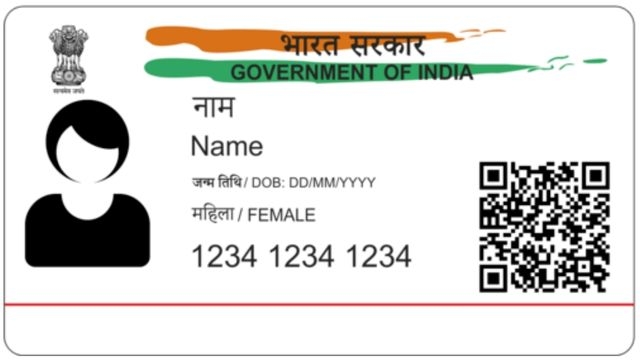“My Grandmother’s Aadhaar Is Still Active”: Kerala’s Data Blunder Puts Fair Elections at Risk
Nearly five million "ghost" cards revealed, raising concerns of potential voter fraud and the CPI(M) government"s accountability.
Total Views |

A disturbing revelation has emerged from Kerala, where more than millions of digital ID cards have been issued than there are citizens. The discrepancy, with nearly five million extra Aadhaar cards in circulation, is not just a statistical oddity. It reflects a grave administrative failure with potentially far-reaching electoral consequences. The system has seemingly lost track of the deceased, leaving their sensitive data exposed and heightening fears that 'ghost' Aadhaar cards could be exploited for voter fraud.
For families across the state, the issue is painfully personal. “My grandmother passed away five years ago, but her Aadhaar is still active,” said one concerned resident, echoing the experience of many. For electoral observers, however, the implications are chilling. While Aadhaar is not a proof of citizenship, it is increasingly linked to voter databases, and its existence is a key indicator for verifying voter identity. An inactive Aadhaar for a deceased person means they could theoretically remain on the voter rolls, opening the door for electoral malpractice.
The controversy has landed squarely at the feet of the state’s Left Democratic Front (LDF) government, led by Chief Minister “Pinarayi Vijayan”, of the Communist Party of India (CPI-Marxist). Critics argue this latest lapse fits a broader pattern of poor data governance and potentially deliberate negligence regarding electoral integrity. As a political analyst pointed out, "In constituencies with tight margins, a pool of a few thousand undeleted voters could be a game-changer. The question is, who benefits from this administrative mess?

"This is not the first time the LDF administration has faced questions over data. Just a few years ago, it faced backlash over the alleged mishandling of health records, a scandal that severely eroded public trust. Now, with concerns mounting over electoral manipulation, the issue of 'ghost' Aadhaar cards adds another layer of scrutiny. While the Unique Identification Authority of India (UIDAI) has taken some steps to clean the database, on the other hand, activists like Kochi-based RTI activist Raju Vazhakala, who uncovered the figures, say the response has been too slow.
As allegations of negligence and potential fraud grow, pressure is mounting on the CPI-led government to deliver transparent answers. Observers say this is far more than a clerical oversight; it’s a fundamental breakdown that could threaten the very integrity of the democratic process.
Kerala’s Aadhaar mismatch should serve as a wake-up call on the urgent need for better data governance and, crucially, stronger electoral safeguards. Restoring public faith will require more than bureaucratic assurances. It demands visible, decisive action, including a comprehensive audit to ensure the voter lists are purged of fraudulent entries. Only through transparency and accountability can the government begin to rebuild trust and prove that the democratic process has not been compromised.
Article by

Mokshi Jain
Sub Editor, The Narrative

